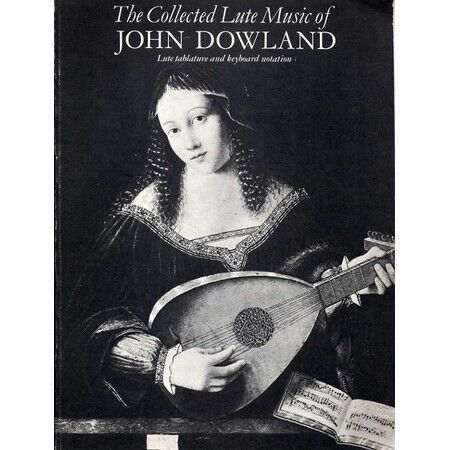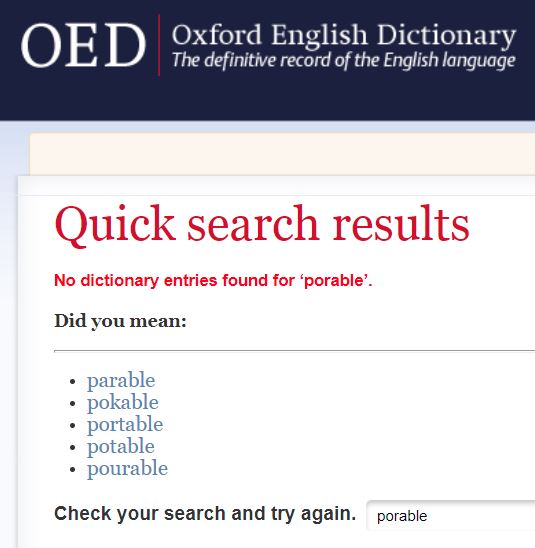Eileen has cleverly prepared a place for our deaf and blind cat, Edison, in our basement. The porch where he has been living will be too cold for the winter. We have to sequester him at this point in his life to minimize the mess (poop and such). Eileen bought a rug and set up a comfortable room in the basement for him. She placed a remote thermometer sensor down there so we know exactly how warm or cold he is. The room is where our furnace is housed so I don’t think Edison will be cold.
My left eye is healing well. I have been only using glasses for TV. Eileen continues to help me with my daily regimen of eye drops. It’s down to two a day in the right eye and three a day in the left. Bless her!
Last night I tried something different. I had my fake martini as usual followed by a light meal. Then instead of my usual dish of diet ice cream, I had a whisky. This worked. There was probably a similar amount of calories in my whisky as in my ice cream. And then no snacks and to bed still lucid enough to do some reading.
This morning I got up and listened to John Dowland lute pieces and Charlie Parker and made bread. It’s in the oven now and will likely be ready before Eileen gets up. This is the first bread I have made since my eye operations.
I have also been playing Dowland’s lute pieces on the piano. This music is very charming and a life long love of mine. I always think of Philip K. Dick since I believe he also loved this music. I have a very cool edition that is in lute notation as well as in treble and bass clefs.

I have been playing piano variations of Beethoven.
You don’t hear much about these pieces but they are surprisingly wonderful. I own the two volumes published by Kalmus. I see that the picture I found on the web and put above of one of the volumes has a faint stamp of the University Music House in Ann Arbor. That used to be a favorite haunt of mine.

Yesterday’s foray into Beethoven and Burgess inspired me to pick up his This Man & Music. For some reason I had the impression this was all about Burgess’s own compositions and had put this book very low on my to-be-read list. I haven’t found any pieces by him that I like. I wish this wasn’t so since I admire him so much as a writer and thinker. But this book is more about Burgess’s ideas about music and has an entire short chapter explaining his very cool novel based on the Eroica symphony: Napoleon Symphony.
It is a treat for me to find anything by Burgess that I haven’t read. In fact, I enjoyed reading in this book so much that I picked up my Complete Enderby last night and continue a reread.
The pleasure of reading Burgess is intensified these days because when he uses a word I don’t recognize and quick check on the phone usually gets me quickly up to speed. But in This Man & Music, in one instance yesterday this didn’t work.
Burgess uses the word, “porable.”
Here’s the sentence: “The play and the poem and the novel have come to be regarded as primarily visual realities because of the supreme physical advantages of a printed text — portability, porability, privacy.”
Nothing in the OED and nothing in my beloved American Heritage Dictionary. After realizing it was probably one Burgess’s many word coinages, I looked closely at the word. It would make sense if he was using “pore” as in ponder (one of the definitions in my American Heritage). So in essence he meant “ponderable.” I can see why he did so, since the three words trip off the tongue with not only alliteration but a nice first and third syllable vowel in common between portability and porable.
I’ll close with some cool quotes from this book.
“Most art is a failure, but art that does not risk failure is not worth attempting.”
“No one can judge a piece of music by merely hearing it; no one can judge a novel just by reading it.”
And my favorite so far:
“There is something childish about institutional or collective music, with bullying and corky choirmaster quips, o public humiliations over wrong notes, shouting and hockey-mistress cajolery, facetiousness about chippy-choppy rhythms, ‘Don’t you eat ice cream?’ if you fail to spot a Neapolitan sixth. I was, I began to see from consultations with bona fide students of the subject, better out of it, a free autodidact.”
